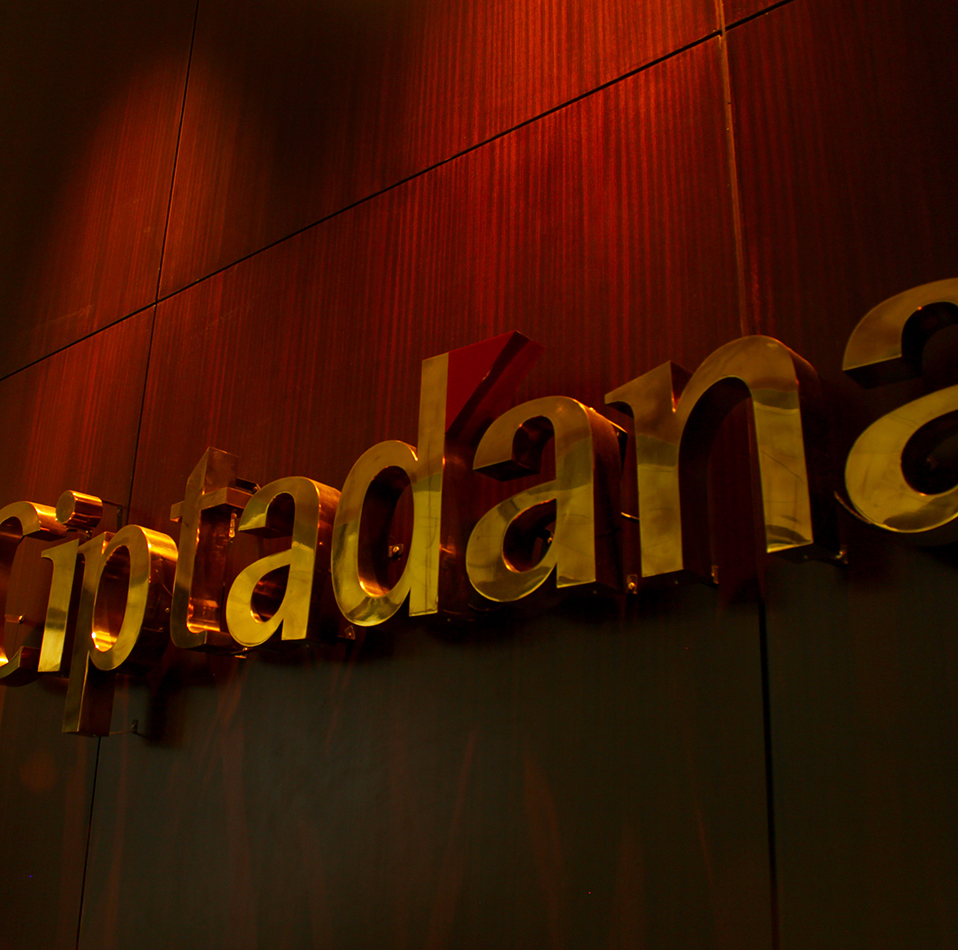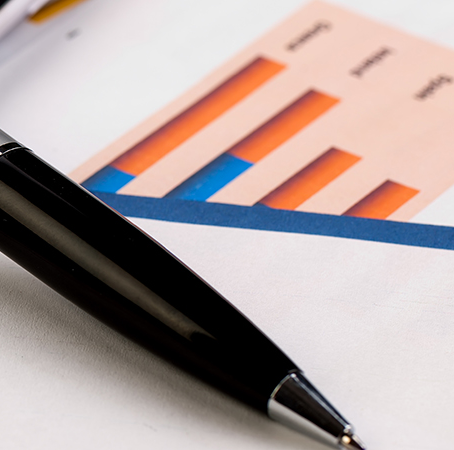- Who We Are


A Glance of Ciptadana
Founded by Irene and Catherine Hambali in 1990, Ciptadana has marked a quarter of a century helping people build their businesses, protect their assets and increase their wealth.

At Ciptadana
we are reshaping our client offering by capturing the opportunities of the digital era and significantly improving our operational efficiency using digital solutions.
- What We Do
- Asset Management
- Securities
- Multifinance
- Investment Banking
- Personal Finance
- Private Equity & Mezzanine Investment

Asset Management
Ciptadana Asset Management manages various mutual funds that invest in Indonesian equities and fixed income instruments, as well as providing structured funds management services, tailor made for each client, whether high net-worth individuals or institutions.

Securities
As one of the best capitalized securities firms in Indonesia, Ciptadana Securities has established a solid reputation as a reliable brokerage house

Multifinance
Ciptadana multifinance provides large-scale factoring and operating leases for small businesses and large corporations.

Investment Banking
Ciptadana Capital advises on key strategic matters such as mergers and acquisitions, divestitures, corporate defense strategies, joint ventures; privatizations, spin offs, restructuring, proxy and consent solicitations, tender offers, exchange offers and leveraged buyouts.

Personal Finance
Ciptadana Personal Finance offer our clients advice on products and services covering, among others, personal financing, capital markets, managed and alternative investments, portfolio management, trust and estate planning and investment finance. We will tap into our vast platform of in-house products and services. Our open architecture platform ensures that you will always have the solution that best suits you

Private Equity & Mezzanine Investment
- Gives Back
- News
- Videos
- Download
- Careers







